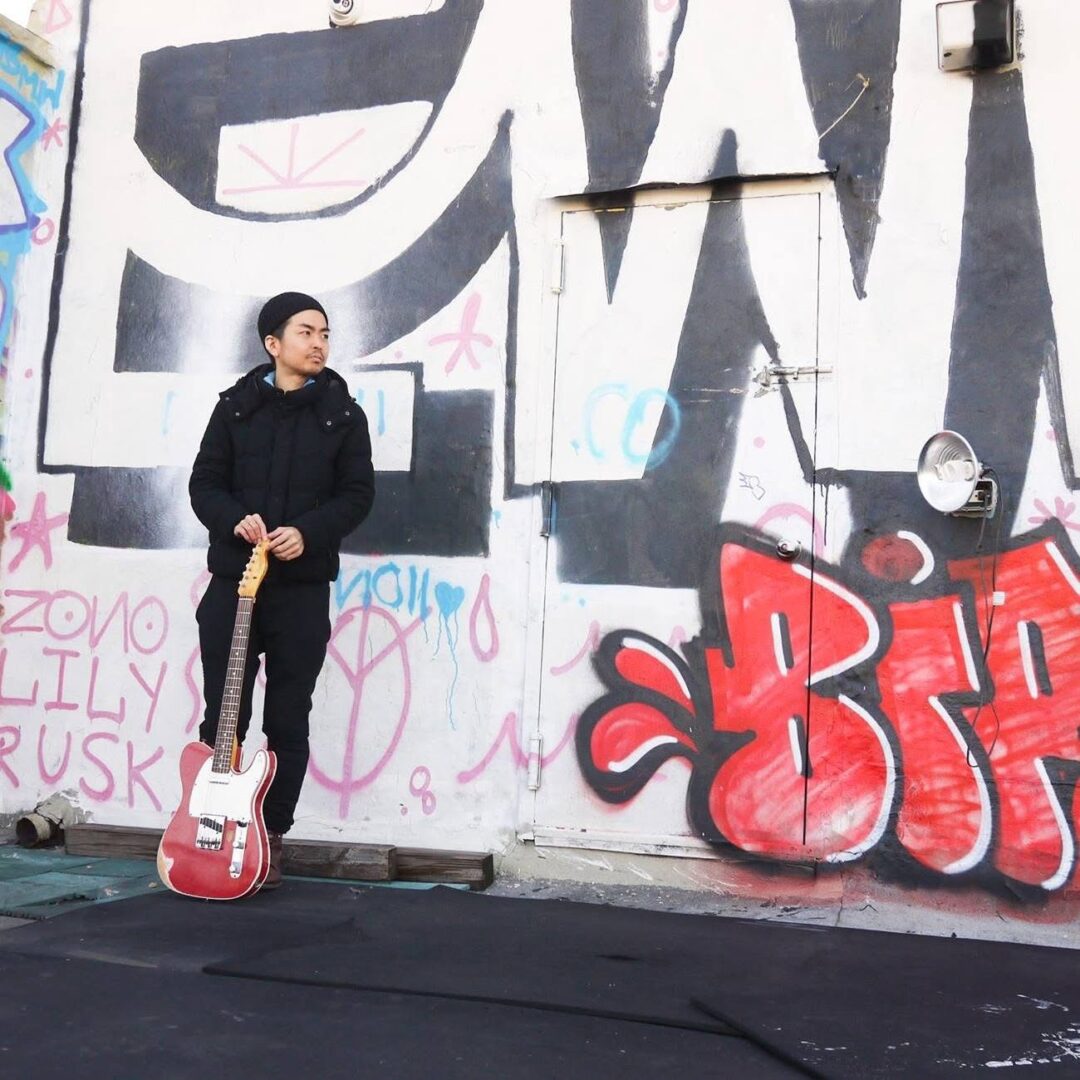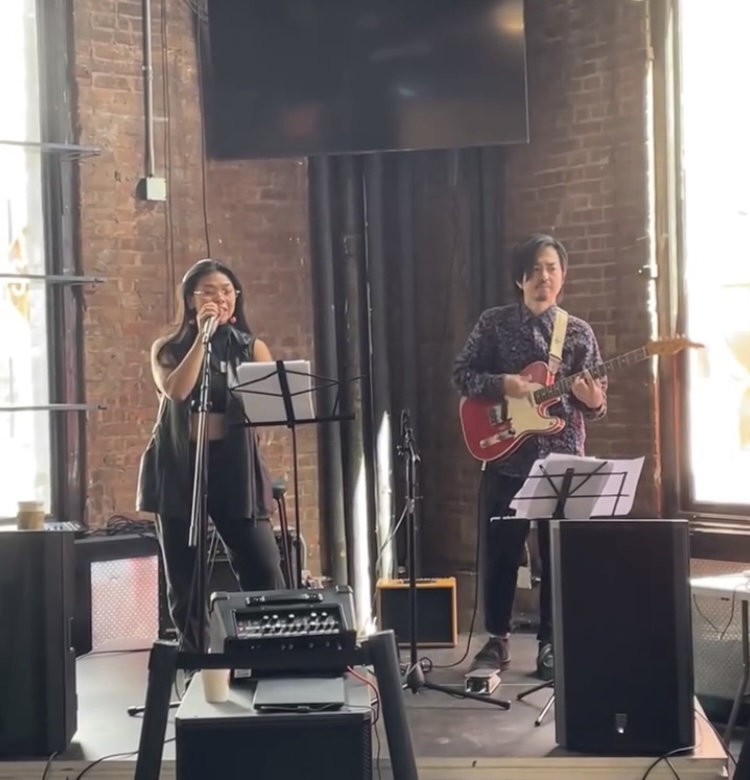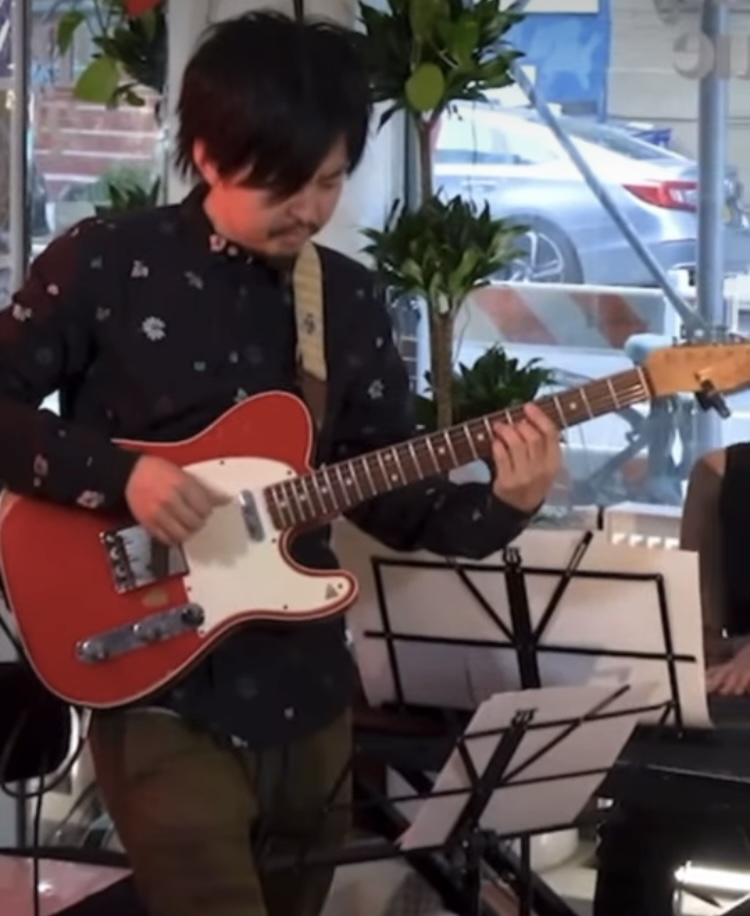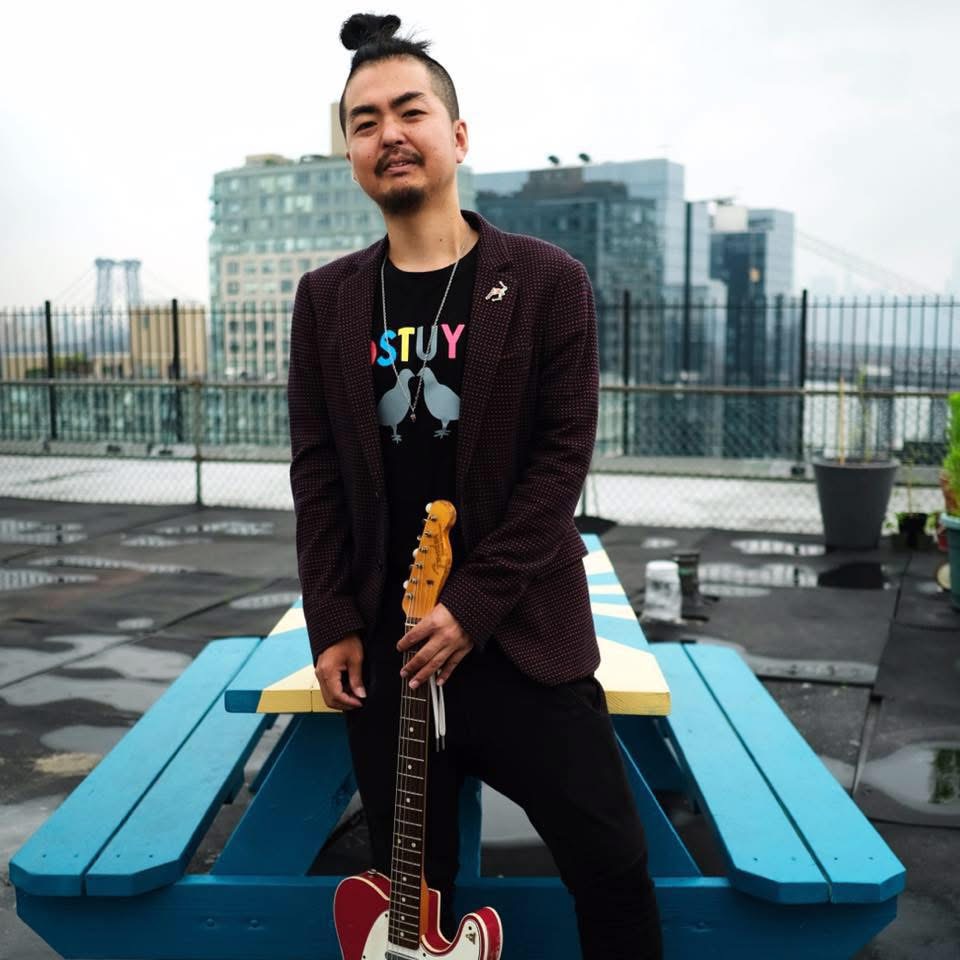We’re excited to introduce you to the always interesting and insightful Shinya. We hope you’ll enjoy our conversation with Shinya below.
Shinya, thank you so much for taking the time to share your lessons learned with us and we’re sure your wisdom will help many. So, one question that comes up often and that we’re hoping you can shed some light on is keeping creativity alive over long stretches – how do you keep your creativity alive?
To me, creativity is like a puzzle but one without a definite goal. I always try to keep my mind as open as possible. For example, as a musician, when I play music, I try to forget everything I know, theory, technique, even my ego. I try to let myself go and take chances. Sometimes it works, sometimes it doesn’t, but that’s part of the process. This is one way I keep my creativity alive.
Another way is through copying. It may sound unrelated to creativity, but copying actually helps keep my creative spirit alive.
When I copy music I love, I learn so many things, how people create great music, why certain harmonies sound good, why a melody feels so beautiful. These elements can then come through my own filter when I play. That’s one of the beautiful things about music: copying and mimicking can nourish our creativity.
As I said, creativity is like a puzzle. We all have our own pieces, but there’s no single correct solution. That’s why I don’t worry about whether something is “right” or “wrong.” I just keep adding new pieces, by copying, by mimicking, and maybe even by creating some gorgeous ones of my own. That’s how I build my puzzle, and that’s how I keep my creativity alive

Thanks for sharing that. So, before we get any further into our conversation, can you tell our readers a bit about yourself and what you’re working on?
I’m a jazz guitarist based in New York City. My musical journey began in Hiroshima, Japan, where I grew up. I started playing piano at the age of 4, and picked up the guitar when I was 12. I fell in love with jazz when I first listened to Wes Montgomery—one of the greatest jazz guitarists in history. I didn’t know anything about jazz at the time, but I was deeply impressed by his tone, his expression, and the overall vibe of his music. That moment made me realize: this is what I wanted to do.
The sound of the jazz guitar and its swinging feel always lift my spirits. What I love most about jazz is the freedom it gives me to express my emotions in real time—through improvisation. That’s the part I connect with the most.
What excites me most about being a jazz musician is that no performance is ever the same. I’m always chasing moments of connection—between the notes, with fellow musicians, and with the audience. I believe music should always feel alive.
My sound is rooted in traditional jazz, but I enjoy blending in modern elements of harmony and rhythm. Whether I’m playing in an intimate trio or composing new material, I always try to take creative risks and explore something I haven’t done before.
Lately, I’ve been focusing on writing original music. I’m also preparing for a few small shows in New York, and working on a recording project that blends my Japanese roots with my jazz influences. I’m excited to see where it leads.

If you had to pick three qualities that are most important to develop, which three would you say matter most?
Looking back, I’d say the three most important things in my journey were:
1. Listening deeply to music
Really listening—and not just to jazz. I’ve always listened to all kinds of music, and I love them all. The more deeply you know music, the more you start to understand what truly makes it good.
Advice: Be a great listener. Think about why certain music moves you. It’s not just about technique—it’s about feeling, storytelling, and honesty.
2. Being consistent and patient
Progress in music isn’t always linear. There were times I felt stuck or uninspired. But just showing up and playing every day—even a little—always helped in the long run. And when you feel overwhelmed, it’s okay to take a break. Rest is part of the process.
Advice: Don’t worry if you’re not improving fast—that’s totally normal. Keep playing, take breaks when needed, be kind to yourself, and most of all, love what you do.
3. Playing with others
Music is about connection. Playing with other musicians taught me how to listen, respond, and be present. It’s honestly the most effective way to grow. I’ve learned the most in live settings—even when I didn’t feel ready.
Advice: Don’t wait until you’re “good enough.” That moment never really comes. Jam, join sessions, play gigs—now is always the best time. Get out of the practice room and into the real world.

Thanks so much for sharing all these insights with us today. Before we go, is there a book that’s played in important role in your development?
One book that played a major role in my development as a musician is The Advancing Guitarist by Mick Goodrick.
This book, written by the brilliant guitarist Mick Goodrick, is not just a technical manual—it’s a book of philosophy. It covers not only the guitar, but also deeper reflections on music and artistic life itself.
What struck me the most is that many of the exercises and ideas in the book could take a lifetime to explore. But that’s exactly the point. Being a musician isn’t about reaching a final destination—it’s about walking alongside music for the rest of your life. It’s about commitment, growth, and awareness.
The book emphasizes that artistic expression is closely tied to life. Depending on where you are in your life, what you can do and what you need to do will change. There’s no “right” or “wrong”—only differences. That idea helped me let go of the pressure to constantly compete or judge myself. Of course, ambition and ego can drive growth, but they can also crush you. I’ve experienced both sides of that.
Goodrick also reminds us that chasing an ideal—whether it’s the perfect performance or the perfect version of yourself as a musician—is an endless pursuit. What really matters is how you choose to relate to that pursuit, and how you live with it.
From a technical standpoint, the book also encourages you to view the guitar from many different angles, which opens up entirely new ways of playing and thinking. Whenever I feel lost, I return to this book. For me, it’s a compass that helps me stay on the path as a musician.
Contact Info:
- Website: https://shinyaarasuna.com/
- Instagram: @shinyaarasuna


Image Credits
Photo by Mark Tondi #1
Mari Shiina #2 #6
so if you or someone you know deserves recognition please let us know here.




